“As we enter a new era of Alzheimer’s treatment, access to a timely and accurate diagnosis is more critical than ever,” said Robert Egge, AIM president and Alzheimer’s Association chief public policy officer. “The bipartisan AADAPT Act will increase access to early diagnosis and quality dementia care in communities across the nation while reducing geographic barriers and the cost of care. On behalf of the Alzheimer’s community, thank you to the bipartisan congressional champions for introducing this much needed legislation to accelerate dementia workforce preparedness.”
Today, only half of those living with Alzheimer’s disease are diagnosed, and of those, only half are told of their diagnosis. In 85% of cases, primary care providers make the initial diagnosis of Alzheimer’s. But because they are not dementia specialists, most report they do not feel prepared to provide care for these diagnosed individuals. Too often, overburdened primary care providers are unable to access the latest patient-centered dementia training.
Through the use of Project ECHO, the AADAPT Act would provide video-conferencing Alzheimer’s and dementia education and training to more primary care providers to better understand detection, diagnosis, care, and treatment of Alzheimer’s and other forms of dementia. Introduced by Reps. Buddy Carter (R-Ga.), Nanette Barragán (D-Calif.), Darin LaHood (R-Ill.) and Paul Tonko (D-N.Y.), the bipartisan bill would build upon the current ECHO program to provide grants specifically for Alzheimer’s and dementia to address the knowledge gaps and workforce capacity issues primary care providers face.
The Alzheimer’s and Dementia Care ECHO Program connects dementia care experts with primary care providers to address these knowledge gaps using free, remote continuing education. ECHO’s video-conferencing based program reaches rural and medically underserved areas where primary care physicians are especially strained.
Quality care delivered by trained providers leads to better health outcomes for individuals and caregivers and puts less strain on health systems. Project ECHO programs have shown they can help address the knowledge gaps felt by many primary care providers. Building upon the success of Project ECHO, the bipartisan AADAPT Act would improve dementia workforce preparedness in communities throughout the nation.
About the Alzheimer’s Association
The Alzheimer’s Association is a worldwide voluntary health organization dedicated to Alzheimer’s care, support and research. Our mission is to lead the way to end Alzheimer’s and all other dementia — by accelerating global research, driving risk reduction and early detection, and maximizing quality care and support. Our vision is a world without Alzheimer’s and all other dementia®. Visit alz.org or call 800.272.3900.
Alzheimer’s Impact Movement
The Alzheimer’s Impact Movement (AIM) is a separately incorporated advocacy affiliate of the Alzheimer’s Association. AIM works to develop and advance policies to overcome Alzheimer’s disease through increased investment in research, enhanced care and improved support. For more information, visit alzimpact.org.


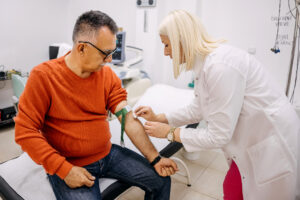





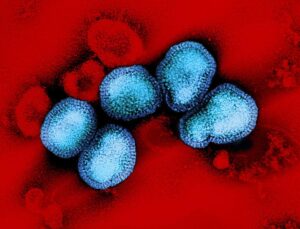
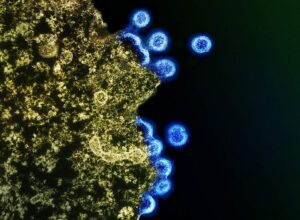
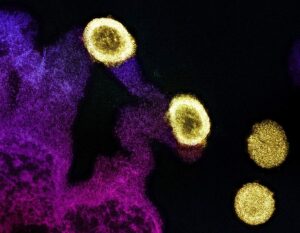
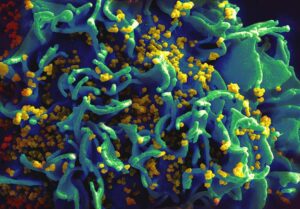
Post Comment